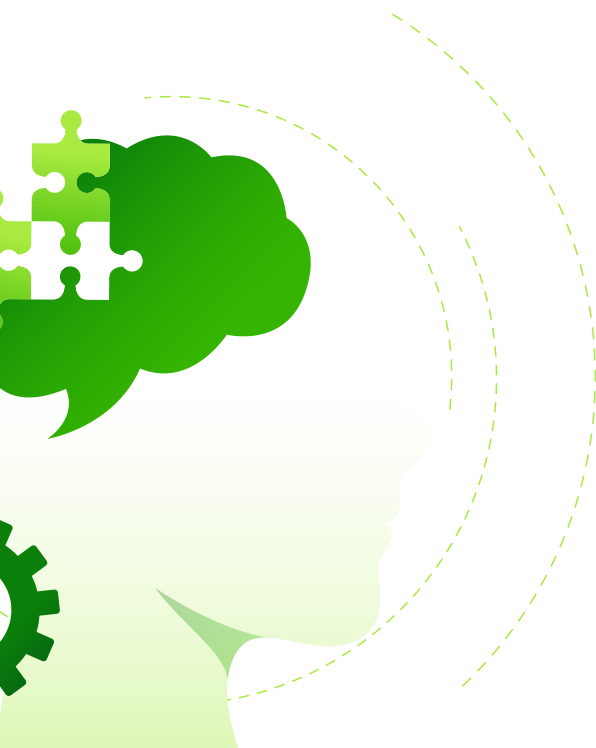
December 8, 2024
Introduction
In the journey of overcoming addiction, the support system surrounding an individual plays a pivotal role. The involvement of family and friends can significantly impact the recovery outcome, offering both emotional solace and practical assistance. This blog post explores the multifaceted ways in which loved ones can contribute to a person’s recovery journey.
Understanding the Importance of Support
Addiction recovery is often depicted as a personal battle, yet it’s a path that is rarely walked alone. Family and friends serve as the primary network of support, providing emotional solace, motivation, and practical assistance. Their role extends beyond mere presence; it involves active engagement in understanding addiction, empathizing with the struggles, and fostering an environment conducive to healing.
Educating Themselves About Addiction
One of the first steps family and friends can take is to educate themselves about the nature of addiction. Understanding the complexities of addiction as a disease helps in dispelling common myths and misconceptions, fostering a more compassionate and supportive environment. Resources for education include books, reputable websites, and workshops.
Providing Emotional Support
Emotional support from family and friends can take many forms, from listening without judgment to offering encouragement during setbacks. Empathy, patience, and open communication are crucial. This section explores the balance between supporting and enabling, offering tips on how to encourage independence and resilience in the recovery process.
Setting Boundaries
Setting healthy boundaries is crucial in the dynamics between a recovering individual and their support system. Boundaries help in protecting the mental health of both parties, preventing co-dependency, and establishing a respectful and supportive relationship. Guidance on how to set effective boundaries, including practical steps and the importance of consistency, is provided.
Participating in Therapy or Support Groups
Family and friends can play an active role in the recovery process by participating in therapy sessions or support groups designed for the loved ones of those in recovery. These platforms offer valuable insights into the recovery process, coping strategies, and how to effectively support their loved one. The benefits of family therapy and support groups, and how to find these resources, are discussed.
Conclusion
The journey of recovery from addiction is significantly eased with the support of family and friends. By understanding and embracing their roles, loved ones can provide the crucial support needed for a successful recovery, strengthening familial bonds and creating a healthier environment for everyone involved.



